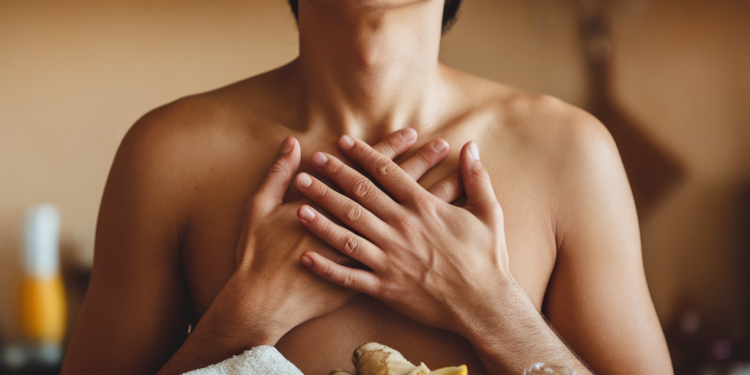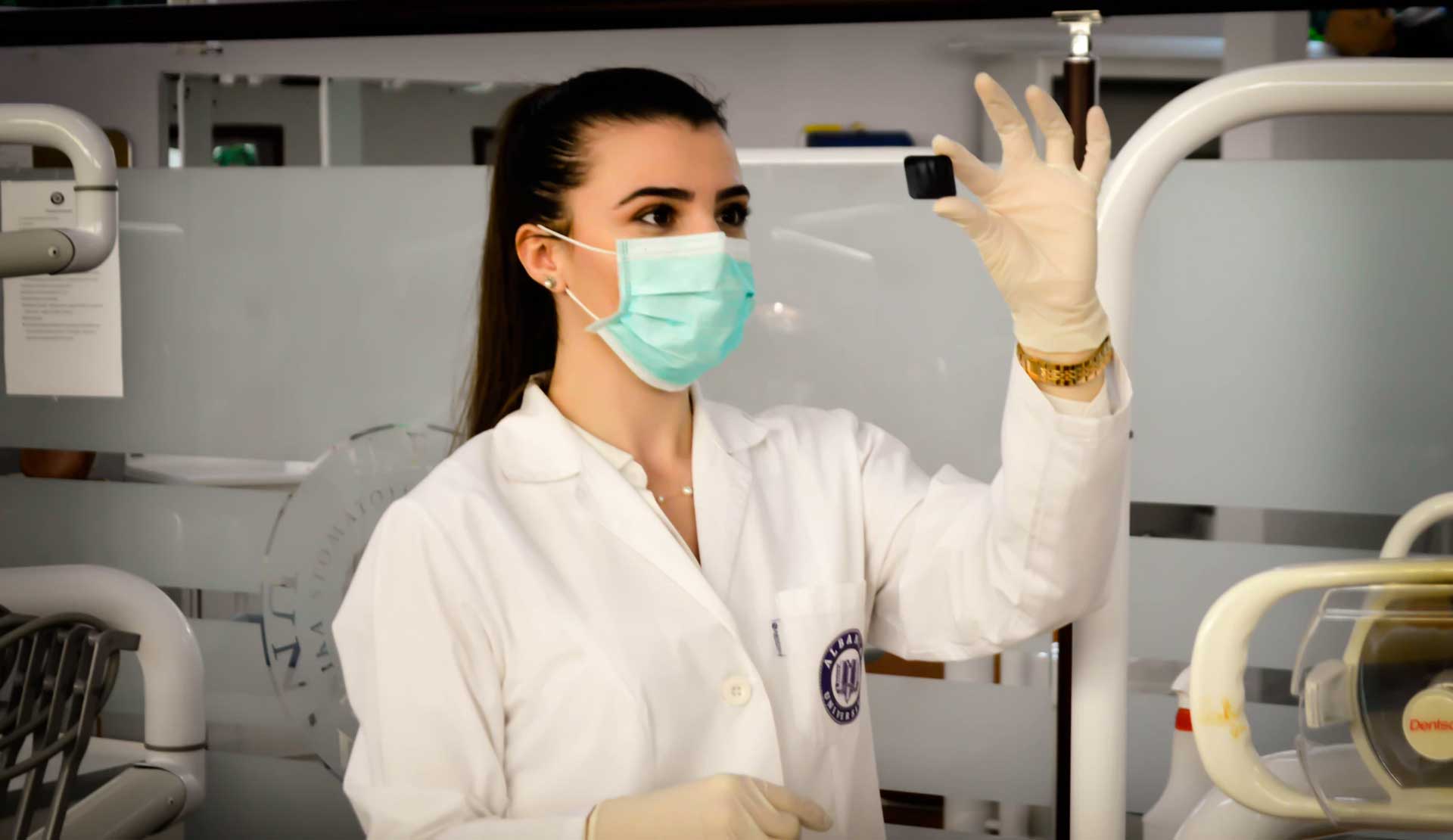Hiccups No More: Proven Home Remedies and Medical Insights to Stop Hiccups Fast!
Hiccups—those involuntary contractions of the diaphragm that can strike at the most inconvenient times. Whether you’re in the middle of a meeting, enjoying a meal, or trying to impress someone on a date, hiccups can be both annoying and embarrassing. But what exactly are hiccups, what causes them, and how can you stop them quickly? In this blog post, we’ll explore effective home remedies, medical insights, and the science behind this common phenomenon.

Understanding Hiccups
Hiccups occur when the diaphragm—a muscle that separates the chest from the abdomen—contracts involuntarily. This contraction is followed by a sudden closure of the vocal cords, which produces the characteristic “hic” sound. While hiccups are usually harmless and temporary, they can be triggered by various factors, including:
- Eating too quickly or overeating
- Consuming carbonated beverages
- Sudden changes in temperature
- Excitement or stress
Understanding these triggers can help you avoid hiccups in the first place, but if they do strike, don’t worry! There are several home remedies you can try.
Home Remedies to Stop Hiccups
Breathing Techniques
One of the simplest and most effective ways to stop hiccups is through controlled breathing. Here are two techniques you can try:
- Hold Your Breath: Take a deep breath and hold it for as long as you comfortably can. This increases carbon dioxide levels in your blood, which may help stop the hiccup reflex.
- Breathe into a Paper Bag: If holding your breath isn’t effective, try breathing into a paper bag. This method also increases carbon dioxide levels and can help calm the diaphragm.
Physical Maneuvers
Certain physical actions can also help interrupt the hiccup cycle:
- Pulling on Your Tongue: Gently pull on your tongue to stimulate the vagus nerve, which may help stop hiccups.
- Pressing on Your Diaphragm: Apply gentle pressure just below your ribcage to help relax the diaphragm.
Consumption Methods
What you consume can also play a role in stopping hiccups. Here are some popular methods:
- Drinking Water Upside Down: Bend over and drink a glass of water from the opposite side of the glass. This unusual position can help reset your diaphragm.
- Swallowing Sugar: Take a teaspoon of granulated sugar and let it dissolve in your mouth before swallowing. The graininess may stimulate the throat muscles and interrupt the hiccup reflex.
- Using Vinegar: A teaspoon of vinegar can also help. The sour taste may shock your system and stop the hiccups.
Avoidance Tips
To prevent hiccups from occurring in the first place, consider these avoidance tips:
- Eat slowly and chew your food thoroughly.
- Avoid carbonated drinks and spicy foods.
- Stay calm and relaxed during meals to prevent stress-induced hiccups.
When to Seek Medical Advice
While most hiccups resolve on their own, persistent hiccups lasting more than 48 hours may indicate an underlying medical condition. If you experience any of the following symptoms, it’s essential to seek medical attention:
- Severe abdominal pain
- Difficulty breathing
- Vomiting
- Hiccups accompanied by other unusual symptoms
Medical Treatments
For persistent hiccups, medical professionals may recommend treatments such as:
- Medications: Certain medications can help relax the diaphragm or address underlying conditions.
- Nerve Stimulation: In some cases, doctors may use nerve stimulation techniques to interrupt the hiccup reflex.
The Science Behind Hiccups
Understanding the physiological process behind hiccups can provide insight into why they occur. Hiccups are primarily controlled by the phrenic nerves, which send signals to the diaphragm. When these signals are disrupted—due to overeating, excitement, or other triggers—the diaphragm contracts involuntarily, leading to hiccups.
Research suggests that hiccups may also be linked to the brain’s reflex pathways, particularly the brainstem, which controls involuntary actions. This connection explains why hiccups can sometimes be triggered by emotional states or physical stimuli.
Conclusion
Hiccups may be a common nuisance, but with the right knowledge and techniques, you can stop them in their tracks. From breathing exercises to simple home remedies, there are plenty of ways to tackle this annoying reflex. Remember, if your hiccups persist or are accompanied by concerning symptoms, don’t hesitate to seek medical advice.
So, the next time you find yourself hiccupping uncontrollably, try one of these remedies and reclaim your peace! Have you tried any of these methods? Share your experiences in the comments below, and let’s help each other find relief from hiccups!
Call to Action
For more health tips and home remedies, subscribe to our newsletter and stay updated on the latest insights!








